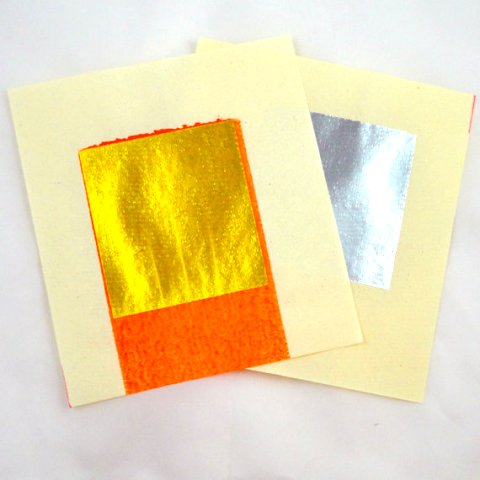( Update: 13/08/2018 )
 Joss paper is also known as ghost money, are sheets of paper and/or paper-crafts made into burnt offerings which are common in traditional Chinese religious practices including the veneration of the deceased on holidays and special occasions. Joss paper, as well as other papier-mâché items, are also burned in traditional Chinese funerals, to ensure that the spirit of the deceased has lots of good things in the afterlife.
Joss paper is also known as ghost money, are sheets of paper and/or paper-crafts made into burnt offerings which are common in traditional Chinese religious practices including the veneration of the deceased on holidays and special occasions. Joss paper, as well as other papier-mâché items, are also burned in traditional Chinese funerals, to ensure that the spirit of the deceased has lots of good things in the afterlife.
Joss paper is traditionally made from coarse bamboo paper, which feels handmade with many variances and imperfections, although rice paper is also commonly used. Traditional joss is cut into individual squares or rectangles. Depending on the region, Joss paper may be decorated with seals, stamps, pieces of contrasting paper, engraved designs or other motifs.
Different types of spirit money are given to distinct categories of spirits.[1][2][3][4] The three main types of spirit money are cash (also known as copper), silver and gold. Cash monies are given to newly deceased spirits and spirits of the unknown. Gold spirit money (jin) is given to both the deceased and higher gods such as the Jade Emperor. Silver spirit money (yin) is given exclusively to ancestral spirits as well as spirits of local deities. These distinctions between the three categories of spirit money must be followed precisely to prevent confusion or insult of the spirits.
Spirit money is most often used for venerating those departed but has also been known to be used for other purposes such as a gift from a groom's family to the bride's ancestors. Spirit money has been said to have been given for the purpose of enabling their deceased family members to have all they will need or want in the afterlife. It has also been noted that these offerings have been given as a bribe to Yanluo to hold their ancestors for a shorter period of time.
Venerating the ancestors is based on the belief that the spirits of the dead continue to dwell in the natural world and have the power to influence the fortune and fate of the living. The goal of ancestor worship is to ensure the ancestor's continued well-being and positive disposition towards the living and sometimes to ask for special favours or assistance. Rituals of ancestor worship most commonly consist of offerings to the deceased to provide for their welfare in the afterlife which is envisioned to be similar to the earthly life. The burning of spirit money enables the ancestor to purchase luxuries and necessities needed for a comfortable afterlife.
Joss paper folded and ready to be burned as an offering
Many temples have large furnaces outside the main gate to burn joss paper. Folding the paper is an important part of the burning ceremony as it distinguishes joss paper from actual money. Burning actual money would be untenable for most people, and is also considered unlucky in Asian cultures. The Joss paper may be folded into specific shapes which are meant to bring on good luck and people tend to burn lavish amounts to ensure that the offering is well received.